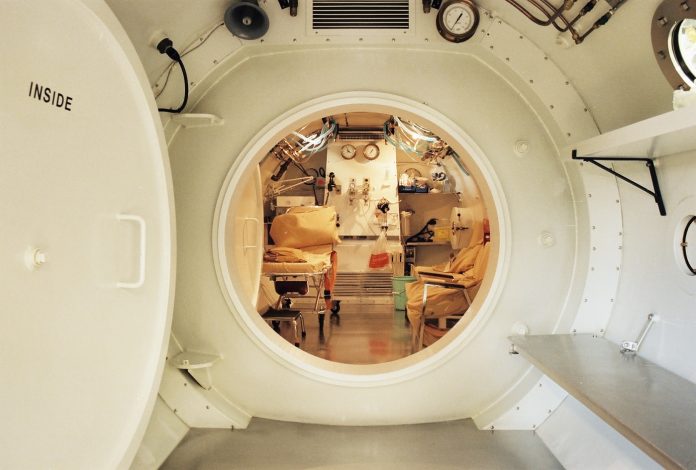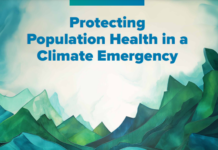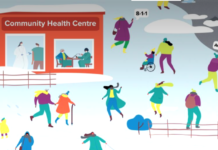VANCOUVER Coastal Health (VCH) is issuing a reminder to the public about the dangers associated with carbon monoxide (CO) gas. From 2018 to 2022, an average of 55 people visited a VCH emergency department annually due to CO poisoning. Prolonged exposure to this invisible, odorless gas can cause significant damage to an individual’s internal organs and in some tragic situations, may result in death.
CO is produced by burning gasoline, wood, propane, charcoal and other fossil fuels. Improperly ventilated appliances and engines, particularly in a tightly sealed or enclosed space, may allow the gas to accumulate to dangerous levels.
During colder months when people spend more time indoors, VCH hospitals typically see an increase in CO poisoning. Those who have been exposed and access care are often treated in a hyperbaric chamber that produces 100 per cent oxygen in a high-pressure environment. This increases the level of oxygen in a patient’s bloodstream, supports the body in getting rid of the CO and aids healing.
Speaking about CO exposure, Dr. Bruce Campana, emergency and hyperbaric medicine physician said: “Each year, Vancouver General Hospital’s Hyperbaric Unit cares for approximately 20-40 patients with carbon monoxide poisoning. Given exposure can cause very subtle symptoms, many people may not even be aware that they require care. If you think you or someone you’re with may have carbon monoxide poisoning, immediately seek fresh air and access emergency care.”
Dr. Campana continued: “There are many simple steps people can take to reduce their risk of exposure to carbon monoxide. These include installing a carbon monoxide detector in your home and checking its batteries every year. If you live in a home with a furnace, ensure it is checked by an accredited professional annually. These simple actions can save the lives of you and your loved ones from a gas that is silent and relentless, and can result in fatal consequences.”
In 2020, Jessica Taschner, a healthcare provider, and her partner stayed in a cabin on vacation. From a propane-operated refrigerator, the couple were exposed to CO gas. Several days later, Jessica’s mother located the couple and called emergency services for support. Jessica’s partner died due to CO exposure, while she was rushed to hospital in critical condition where she was treated at VGH’s Hyperbaric Unit.
Speaking about her experience, Jessica offered this guidance to the public, “When travelling, know the signs and symptoms of carbon monoxide poisoning and always check if your rental has a detector. If there is no detector, then purchase one as a priority. They are so simple to use and could save a life. If you’re worried someone may have been exposed, always check on them by waking them to ensure they are conscious.”
For further information about protecting your home from CO exposure, visit https://www.healthlinkbc.ca/health-topics/carbon-monoxide-poisoning













